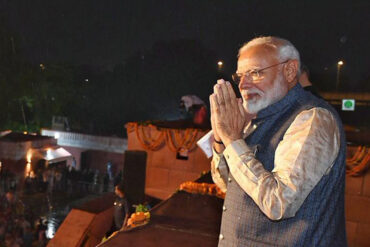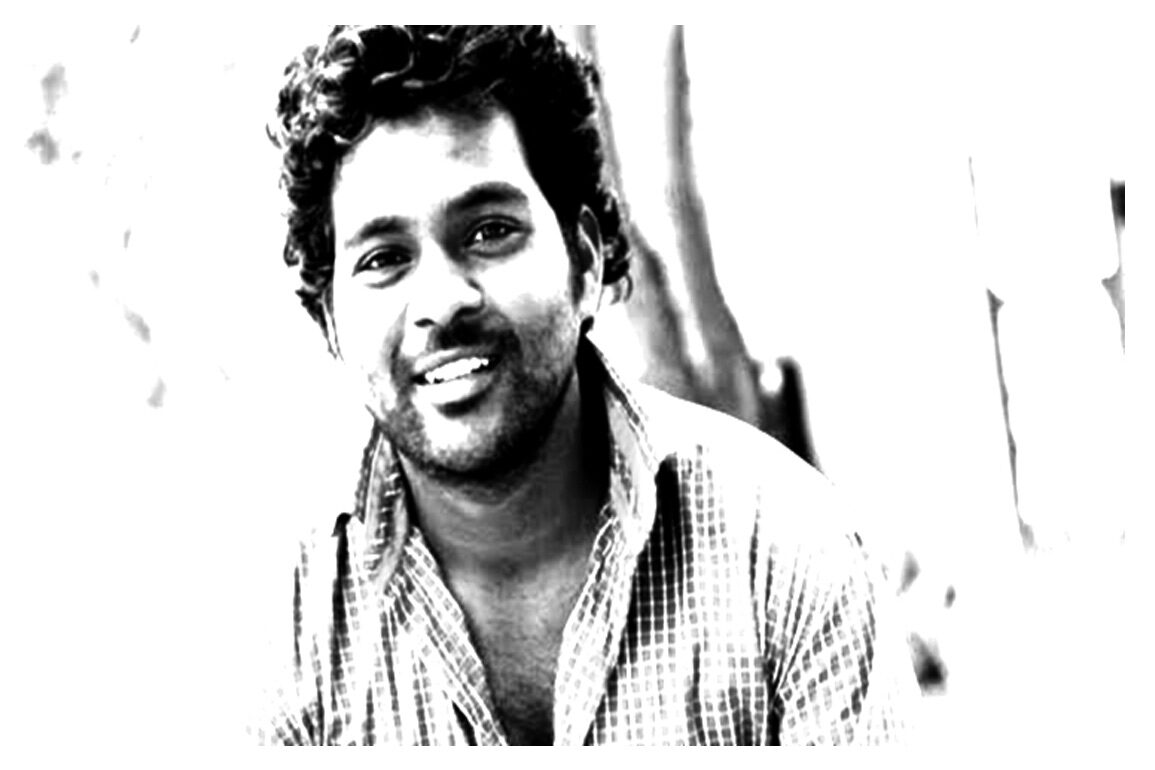“My daddy,” exclaimed a five-year old girl in the US, “has changed the world!” Her dad’s name was George Floyd, by now a household name even in India.
The child knows what adults choose to overlook: the world needs to change. Change is the hope of the oppressed. But there’s a problem. Change is the oppressors’ nightmare; for it is in the logic of change that oppressors could end up as the oppressed at least for a while.
This explains why the hangers-on of the status quo are desperately committed to its perpetuation. The knee that choked George Floyd to death in nine terrible minutes characterizes what makes only sporadic appearances in the world of acknowledged realities. It is in the nature of oppression that it wants to be known by any name other than itself. Oppression must walk the thoroughfares of life wearing deceptive masks. It was this that made Confucius observe that the very first thing we have to do, if we want to help the world, is to call things by their proper names.
The knee that choked George has diverse local variations. Metaphoric knees are deadlier for being hidden, as the corona virus seems to have learned to its advantage. Hidden fountain-springs of evil are more intractable and less amenable to containment than manifest ones. Ask Rohit Vemula, the PhD student who committed suicide on January 17, 2016 in the University of Hyderabad.“Birth,” he would say, ‘was the knee on my neck.’ Floyd died in nine minutes. It took me more than a quarter century of smouldering degradation to die. My life, thanks to my birth, was an eternity of asphyxiation.” I quote from Rohit’s suicide note, without apologizing for the length of the quotation-
My birth is my fatal accident. I can never recover from my childhood loneliness. The unappreciated child from my past… Some people, for them, life itself is a curse. My birth is my fatal accident. I can never recover from my childhood loneliness. The unappreciated child from my past.
I am not hurt at this moment. I am not sad. I am just empty. Unconcerned about myself. That’s pathetic. And that’s why I am doing this.
People may dub me as a coward. And selfish, or stupid once I am gone. I am not bothered about what I am called. I don’t believe in after-death stories, ghosts, or spirits. If there is anything at all I believe, I believe that I can travel to the stars. And know about the other worlds.
Let my funeral be silent and smooth. Behave like I just appeared and am gone. Do not shed tears for me. Know that I am happy dead than being alive.
Accidental similarities between the two outcomes of systemic oppression apart, George and Rohit are a study in contrast. Rohit was choked to death by the system as a whole; George was choked to death by four of its foot-soldiers. Rohit had a million knees on his neck, as he says, from his birth onwards. Rohit was making a statement to the world. In choking George to death, the policemen were making a racist statement to a racial constituency in America. Rohit was a talented young man of prodigious aspirations. His head was among the stars. His heart was big with hope. But his wings were clipped by birth-based disabilities. He tried to swim against torrential streams. Got too exhausted. He gave up thrashing about. Sank. He became a number in National Crime Bureau Records in the long list of the thousands who committed suicide in 2016. He thought he would be a burning finger that pointed the conscience of India to the hell of caste-based oppression that the wretched in India languish under. It didn’t work that way.
The contrast between the two instances—Rohit Vemula’s being far more poignant than that of George Floyd’s from a variety of considerations—highlights the difference between the two societies. George’s murder galvanised a vast section of the American society. Their protest, which still rages, found echoes in different parts of the world. Rohit’s suicide vanished into oblivion, like an afternoon drizzle upon an ocean. Perhaps we are far too inured to these bleeding faces of human suffering and degradation to feel shocked by them. At least a part of the American society is alive enough to feel the shock when the unnameable breaks out upon them.
Perhaps, we don’t do enough to bring out hidden prejudices, discriminations and oppressions. Perhaps, we lack the moral and socio-intellectual backbone to look reality in the face and so must keep its harsher ingredients out of sight. Perhaps, survival is our overwhelming priority; not improving on the given and moving towards a better state of organized life. May be, this is why we have lacked for decades the dynamism to strike out and progress. The more we stagnate, the more we need the opium of development as propaganda. We need to be told ever and anon—and we are grateful that we are being told so eloquently—that we are all headed, post-haste, to a developmental paradise and economic-superpower-stardom. The extreme statements that individuals like Rohit Vemula make are lost, as Nirad Chowdhury would say, in the continent of Circe.
In the months preceding the arrival of Covid-19, public rituals used to be conducted of reading the Preamble of the Indian Constitution. It came and went. That too is symptomatic. It died out in a whimper, not only because the virus came and shut us up. It died out also because our commitment to core Constitutional values like justice, liberty, equality and fraternity, is shallow. They are like the masks that we have to wear in the days of the corona. We would not want to have them on for long….
Social changes happen when, especially, unpleasant hidden realities are brought to light without fear or favour. This can happen only if there is a principled commitment to the values laid out in the Preamble of our Constitution. Journalism has an important role to play in combating social evils and regenerating the society. At this point the contrast between the American media and its counterpart in India becomes stark. Perhaps it is too unrealistic to expect that the character and role of the media will not change once it becomes instruments appended to corporate interests.
One thing is certain. A society cannot progress, a people cannot gain good governance, and the health of the society safeguarded, unless foundational values are preserved and practised as well as systems for their defence and feasibility are put in place. America is changing. The rest of the world is watching. And India?
Let’s return to the exclamation of George Floyd’s five-year old daughter: Daddy has changed the world. It is true; but that’s not the whole truth. Her daddy’s murder has woken up the people of America into realizing the imperious need America faces to change in its racial genes and social mores. In the end, changes happen only when a people respond to individual predicaments and dare to look beyond the status quo in which evils stay embedded and endemic. We, in this country, take mostly the path of ameliorating individual distress, which belongs to the mould of charity.
The American society today dares, even if a bit too late in the day, to address systemic aberrations, which is the path of social action and human progress. Struggling against systemic evils, while staying indifferent to the need for systemic changes, is like getting into an anchored boat and paddling it furiously without de-anchoring it. Mighty efforts may not effect even a modicum of progress.







